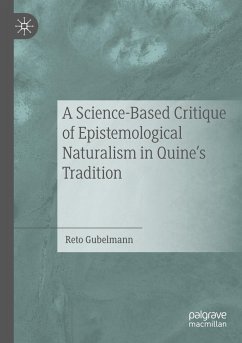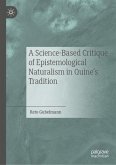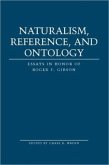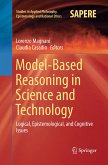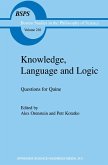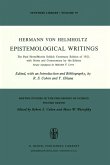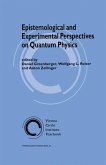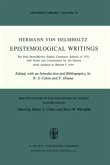At the intersection of epistemology, metaphilosophy, and philosophy of science, this exciting new book examines the epistemic limits of empirical science. It makes a unique contribution to research on epistemological naturalism in Quine's tradition by criticizing the position based on first-order data from empirical psychology and the history of natural science. This way, it meets the naturalist on their own ground not only regarding subject matter, but also regarding their epistemic methods. The book explores the works of a variety of philosophers in the field, including W. V. Quine, Penelope Maddy, Tyler Burge, Stathis Psillos and Howard Sankey.
By carefully considering experimental results from behaviourism as well as developmental and perceptual psychology, Gubelmann finds that none of these disciplines can furnish the epistemic means to successfully naturalize the central cognitive preconditions of scientific theorizing. Furthermore, Gubelmann presentsnovel arguments for the claims that epistemological naturalists are committed to scientific realism, and that they are unable to defend this position. Based on these results, Gubelmann concludes that epistemology is not part of empirical science, which directly contradicts epistemological naturalism.
By carefully considering experimental results from behaviourism as well as developmental and perceptual psychology, Gubelmann finds that none of these disciplines can furnish the epistemic means to successfully naturalize the central cognitive preconditions of scientific theorizing. Furthermore, Gubelmann presentsnovel arguments for the claims that epistemological naturalists are committed to scientific realism, and that they are unable to defend this position. Based on these results, Gubelmann concludes that epistemology is not part of empirical science, which directly contradicts epistemological naturalism.

